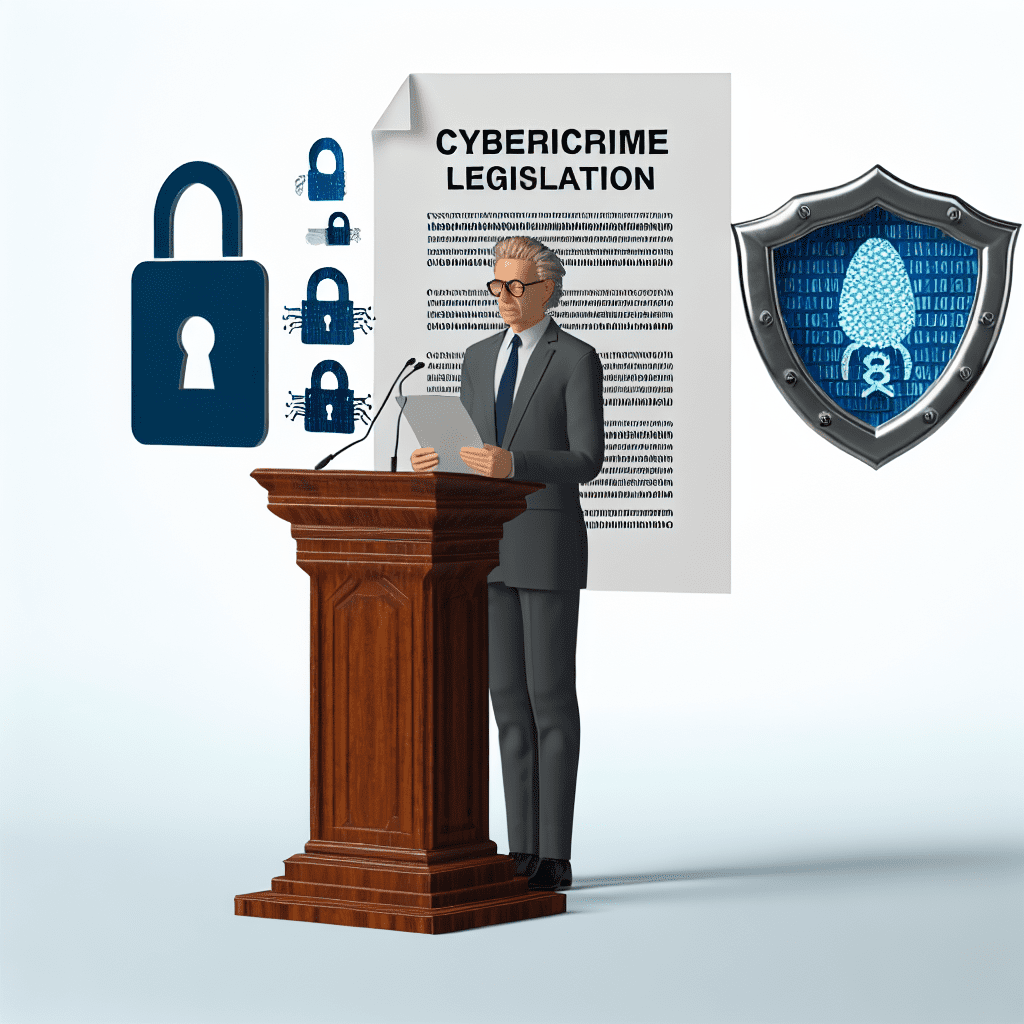
In August, Arizona lawmaker David Schweikert proposed “The Scam Farms Marque and Reprisal Authorization Act of 2025,” which aims to establish neo-privateers—state-backed pirates—to tackle cybercriminals threatening the United States.
The bill empowers the US president to issue letters of marque to “privately armed and equipped persons” hired by the government to “employ all means reasonably necessary” for seizing property and apprehending or “punishing” cybercriminals identified as threats by the president.
These threats encompass crypto theft, pig butchering schemes, ransomware assaults, identity theft, unauthorized computer access to collect sensitive personal or classified data, online password trafficking, and the introduction of harmful code into systems. The bill stated:
“Criminal enterprises that utilize cybercrimes and coerced labor pose an unusual and extraordinary threat to the economic and national security of the United States.”
The bill describes these scams as “acts of war” committed by individuals, organized crime syndicates, and foreign entities against the US, reviving an 18th-century law that might shape the future of cybersecurity and asset confiscation if enacted.
The Scam Farms Marque and Reprisal Authorization Act of 2025. Source: US Congress
Related: Crypto crime unit with $250M in seizures expands with Binance
US could allocate seized assets to Bitcoin reserves and a national crypto stockpile
In July, hackers compromised over $142 million in crypto, with total crypto thefts in 2025 surpassing $3 billion. US law enforcement may later forfeit seized crypto to the government during legal proceedings.
In January, US President Donald Trump signed an executive order creating a Bitcoin and crypto reserve, focusing on accumulating cryptos through budget-neutral approaches or asset forfeiture.
In July, the US federal government filed a civil complaint to reclaim over 20 Bitcoin (BTC), worth over $2.3 million, taken by the Dallas division of the Federal Bureau of Investigation (FBI) during an operation against the Chaos ransomware group.
The US Department of Justice (DOJ) additionally seized $1 million in crypto from the BlackSuit ransomware group that same month.
In August, the DOJ sanctioned the seizure of $2.8 million in crypto from a wallet belonging to Ianis Aleksandrovich Antropenko, who was charged with conducting ransomware attacks against individuals and businesses.
Magazine: Inside a 30,000 phone bot farm stealing crypto airdrops from real users

